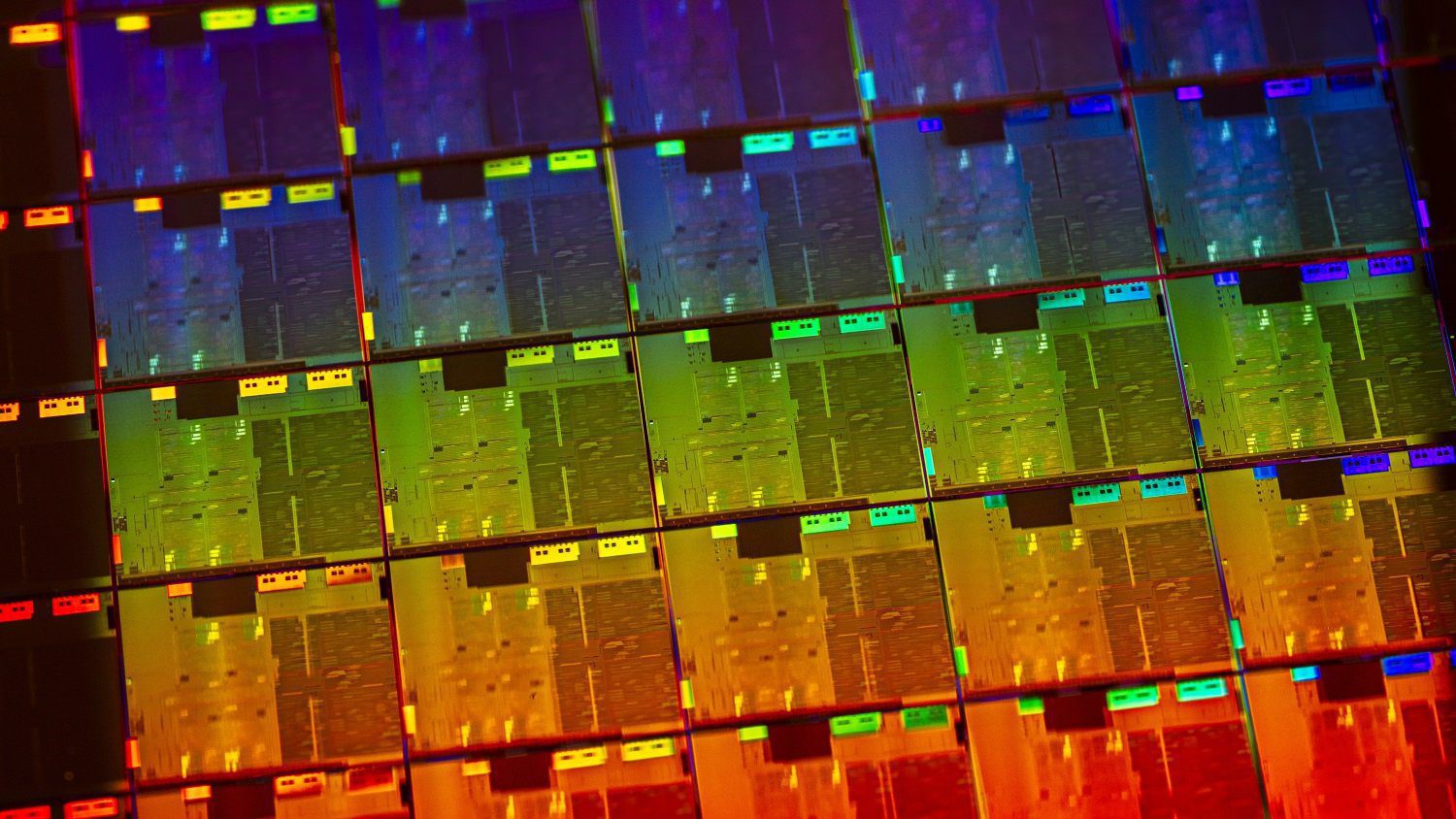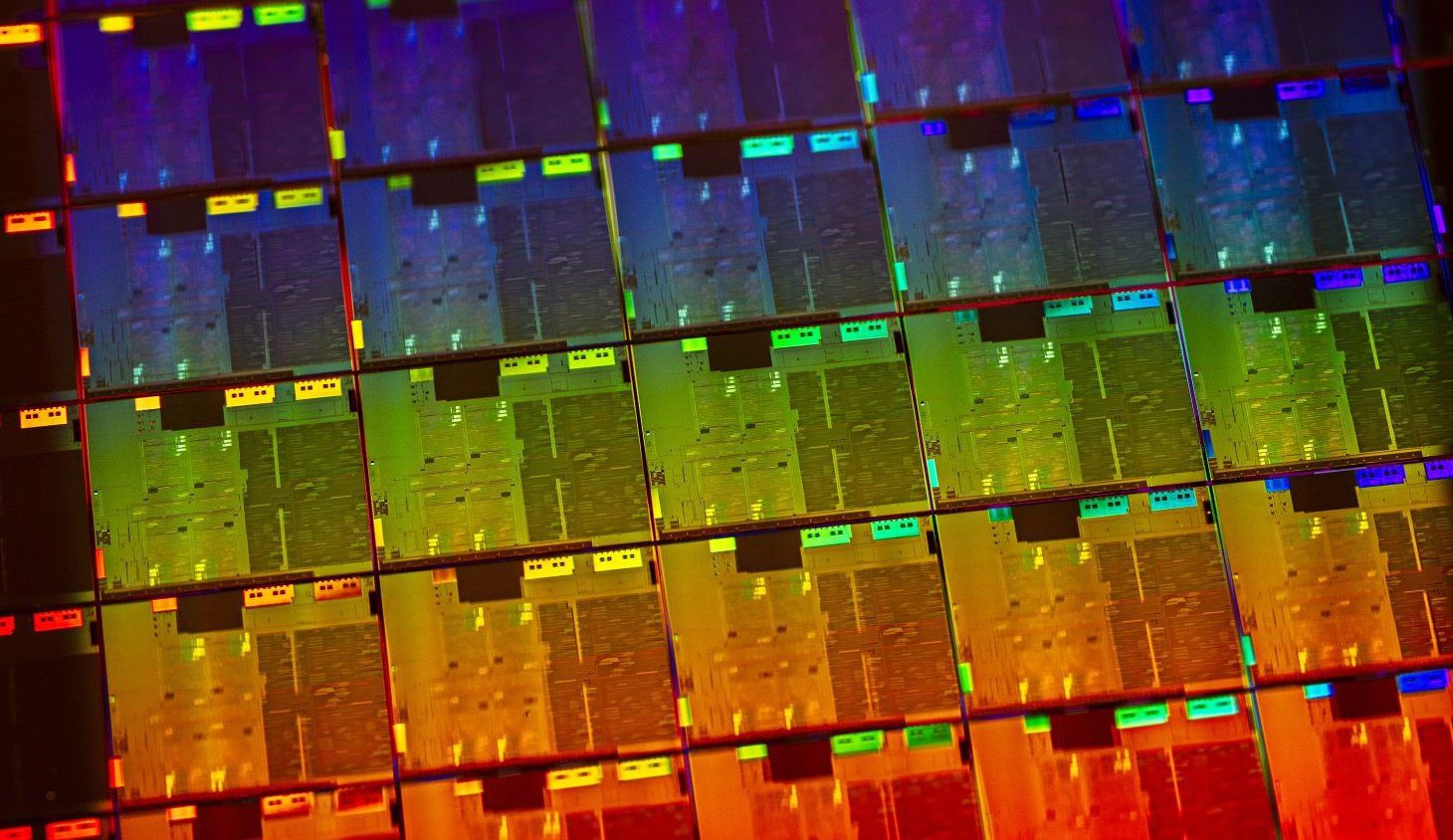Samsung wants to be the first to produce 1nm chips in 2026
- May 31, 2024
- 0
Samsung wants to overtake Intel and TSMC and become the first manufacturer in the world to produce 1nm chips. To this end, the Koreans are accelerating their schedule,
Samsung wants to overtake Intel and TSMC and become the first manufacturer in the world to produce 1nm chips. To this end, the Koreans are accelerating their schedule,


Samsung wants to overtake Intel and TSMC and become the first manufacturer in the world to produce 1nm chips. To this end, the Koreans are accelerating their schedule, with 2026 in sight.
Samsung wants to be the first chip manufacturer in the world to produce 1nm chips. That would be a nice milestone. The Koreans want to have the first chips rolling off the production line by 2026. Its big competitor TSMC is only aiming for 2030 and Intel is also lagging behind. In fact, Samsung is in such a hurry that it has accelerated its roadmap and postponed the original 2027 deadline by a year.
The necessary comments are relevant. First and foremost, the nanometer concept has become a marketing concept in recent years. 5 nm, 3 nm and soon 1 nm refer to the size of individual structures on a microchip. Think of it a bit like the resolution at which a chip is built. However, there is no consensus on what exactly 1 nm should refer to and Intel, TSMC and Samsung have their own interpretation.
Then, for Samsung, 1 nm is actually 1.4 nm, and the manufacturer uses enthusiastic rounding. But that doesn’t make the planned innovation any less impressive: Samsung would be the first company to go below the 2 nm limit with its production line. If we look at 1.4 nm and not 1 nm, TSMC would already be there in 2027.
Finally, production is also a flexible term. If a wafer from the 1(.4) nm band comes onto the market every now and then, Samsung has theoretically achieved its goal. In practice, it can take a long time until the production line is optimized for mass production with a profitable yield.
Samsung clearly wants to play a leading role in the production of advanced chips and is pushing hard. However, reducing the nodes to the nanometer scale is extremely complex. The manufacturing processes used today to produce the latest CPUs and GPUs are among the most advanced in the world. Samsung is now looking to improve on this, and as quickly as possible.
If Samsung can be the first to get the new process off the ground, it could see great results. After all, chip designers like AMD, Nvidia and Apple always want to use the most modern process. Smaller components mean smaller transistors and therefore less resistance, fewer thermal restrictions and ultimately a faster and more economical chip.
Source: IT Daily
As an experienced journalist and author, Mary has been reporting on the latest news and trends for over 5 years. With a passion for uncovering the stories behind the headlines, Mary has earned a reputation as a trusted voice in the world of journalism. Her writing style is insightful, engaging and thought-provoking, as she takes a deep dive into the most pressing issues of our time.